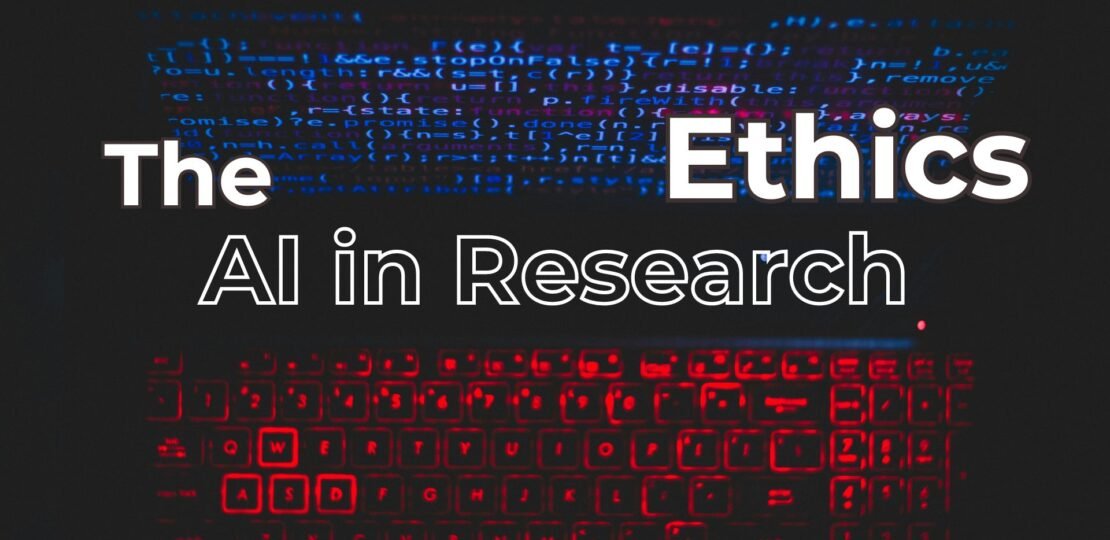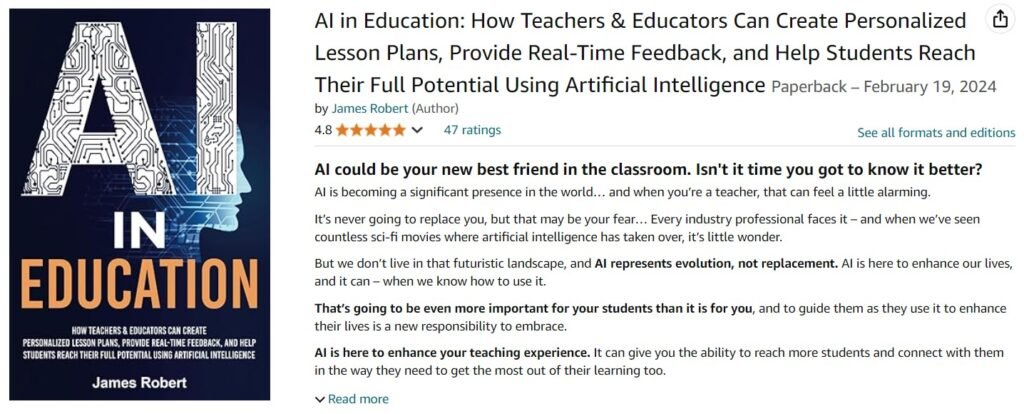The Latest of Research: AI Ethics in Survey Analysis
September 20, 2024 | by Jean Twizeyimana

Imagine: an AI with no limits could gather and analyze your thoughts. Scary, right? Well, get ready for that because this is what we are heading toward with survey analysis through AI. And don’t fret yet – we are your map in this digital wasteland. Over 75% of researchers now use AI in their survey analysis, which may surprise you. This is a very big improvement from 30% in the year 2020. We will uncover the great opportunities and risks of AI. Let’s dive into the basics of survey analysis and AI ethics. Brace yourself. We will untangle the mysteries of AI, human understanding, and the ethics we’ve been teetering on.
The Rise of AI in Survey Analysis: A Double-Edged Sword
AI has revolutionized the way we conduct and analyze surveys. It’s like having a super-smart, tireless assistant. It can crunch numbers faster than you can say “data analysis.” But, as Uncle Ben told Spider-Man, “With great power comes great responsibility.”
The benefits of AI in survey analysis are undeniable:
- Lightning-fast data processing
- Uncanny accuracy in spotting patterns.
- The ability to handle massive datasets with ease.
But let’s not get carried away with the AI hype train yet. There are some serious ethical concerns we need to address. A 2023 study by the AI Ethics Institute found that 62% of AI-analyzed surveys had algorithmic bias. Yikes!
Real-world examples show both the promise and peril of AI in survey research. A major marketing firm used AI to analyze customer satisfaction surveys. They found subtle patterns in customer behavior. This raised retention rates by 40%. Impressive, right? But there’s a cautionary tale. A political poll used AI analysis without proper oversight. It resulted in skewed results that misrepresented minority opinions. Not cool, AI. Not cool at all.
Ethical Considerations in AI-Driven Survey Analysis
Now that we’ve seen the good, the bad, and the ugly of AI in survey analysis, let’s talk about ethics.
First up: data privacy. In a world of digital footprints, how do we keep survey responses confidential? It’s not about slapping a privacy policy on your survey and calling it a day. For data to remain secure from malicious parties – the physical, mechanical and digital must be sound.
Then there’s the thorny issue of bias in AI algorithms. Guess what? If we feed these digital brains biased data, they learn from it. Your AI will also exhibit bias.
If you only curse, your bird may start swearing at family dinners. So, surprise yourself.
Your bird may surprise you by cursing at family dinners. You only use curse words.
If you only curse, your bird may drop F-bombs at family dinners. So, surprise yourself.
Transparency is another biggie. When AI decides or interprets survey data, we must understand why. We need to peek under the hood. No more black box excuses, AI!
And let’s not forget the human touch. AI is great at crunching numbers. But it struggles with context and nuance. That’s why we need to strike a balance between automation and human oversight. Think of it as a dance – AI leads with the fancy footwork, but humans guide the direction.
Ensuring Data Integrity and Respondent Trust
Trust in what individuals ask or offer is key to research. In AI’s big data survey world, it’s critical. But how does the process of building and sustaining trust occur? Let’s break it down. First, we must better prepare to anonymize and protect private data. This is not only about replacing names with initials. We are discussing the best levels in encryption, data security, and access control. The survey responses and answers should be very secure. They should be as secure as a double-barbed wire fence. Remember Fort Knox? Communication is key. Another concern the survey participants have is: what will happen with the data? No more small print or difficult legal jargon, but clear language that will be so easy to comprehend. Let’s be clear: We are using AI to study your answers. Here’s how it looks to you. But, to preserve data, they should not restrict themselves to the existing survey. For what period are we storing this data? Which class of people can? Are we disposing of it after use? Or, are we erasing it when it’s no longer needed? Ethical researchers lose sleep over these questions, and their concern is well-founded. Now let’s face facts – a common apprehension with using AI is the potential to skew survey responses. It is a question, though. Using AI and humans can solve preventing manipulations of big data. The phrase ‘trust but verify’ guides work in the chosen environment.
Navigating Cultural and Demographic Sensitivities
Well, we can assure you that AI is not an entity that dissolves into itself. It is a mix of cultures, backgrounds, and different ways of thinking. In fact, that is where things may become complicated. Performing Cross-cultural survey analysis is like navigating a minefield with one’s eyes tied. To be clear, AI can help us only if it receives enough training. We must examine those murkier waters with greater attention. So, the AI’s training data must include diverse subjects. If your AI is only learning from a small subset of customers, it is going to have some significant biases. It will look like you are getting a global view based on reality TV shows! Thus, we must extend current AI concepts to include cultural references. That is, moving from a literal translation to find the culture behind the responses. It’s not convenient but we must do survey analysis in a globally relevant way. Now, let us look at a success story. An MNC used AI-based predictive analytics. It collated the results of employee satisfaction surveys in twenty countries. Adding cultural processing and local knowledge to the AI model helped. It identified many unknown factors. These would lead to specific solutions for each area’s development. This means our employee satisfaction scores will have risen by 25% in all categories. That is a win-win situation.
The Future of Ethical AI in Survey Research
So here’s the good news and the bad news: the future of AI in survey research is promising and complex. New tools can go beyond the text. They can now consider not the words people use, but also their voice, mood, and facial expressions. It is like having a machine that can read one’s mind. .. I am sure many of you can relate to this which is cool and terrifying in equal measure. However, the same is risky and requires certain precautions which are the following: But with great power comes great responsibility (and yes, I am quoting Spider-Man again – and no, you cannot give me any argument about it!). We have to establish a proper set of ethical principles and norms for the use of AI in research. It’s not about compliance. It’s about building ethical AI use into every part of our work. Regulation will be a part, but so will industry self-regulation. That’s why we cannot sit back and wait for lawyers to legislate how the world operates in the 21st century. We should set our own standards and meet them. We must also consider the next generation of researchers who will follow us. It is thus incumbent on us to ready them for this bold new world of AI-based surveying. We should create mentorship programs and embrace a culture of innovation with integrity.
Are you curious about other ethical issues in AI research? The latest Ethical Considerations When Using AI for Survey Data Analysis explore new challenges.
Conclusion
As we end our quick tour of AI ethics in survey analysis, one thing is clear: we are on the verge of a research revolution! AI has a great ability to analyze survey data and find insightful patterns. With power comes responsibility. Researchers, developers, and moral guardians must ensure its proper use. Remember: data is real, people are real. Stay human-centric. As we explore using AI on survey data, let’s remember the ethics. So, we must appeal to ethics, promote openness, and avoid using people as mere study objects. Doing so can unleash AI’s potential. It will preserve the trust that is vital for research, which is the most critical aspect. Well, are you ready to face it? You have the power to define the future of ethical AI in survey analysis! Let’s make 2024 the year of the gold standard for ethical, original, and meaningful AI analysis. The survey says. .. the future is bright!
Are you excited to get started? Here are other popular AI tools that are making waves in the research community:
- Iris.ai: An AI science assistant that helps with literature exploration and summarization.
- SciSpace: Offers AI-powered literature search and paper summaries.
- Elicit An AI research assistant who can help formulate research questions and find relevant papers.
- Semantic Scholar: Uses AI to help you discover and understand scientific literature.
Related Articles
- Exploring The AI Qualitative Data Analysis in Surveys Now
- Revolutionize Your Research: Machine Learning Survey Analysis in 2024
- Latest AI in Survey Research: From Design to Analysis
- The Ultimate Guide to AI in Survey Research
- The Latest AI Sentiment Analysis Techniques for Survey Responses
- How To Overcome Survey Data Bias Using AI
- How To Leverage Natural Language Processing (NLP) for Open-Ended Survey Questions
AI and Machine Learning Tools
- Hands-On Machine Learning with Scikit-Learn, Keras, and TensorFlow
- Artificial Intelligence: A Guide for Thinking Humans


Try AI Tools in Your Research:
1. SciSpace (for Literature Reviews)
- Monthly Subscription: Get 20% off with the code
JEAN20Try SciSpace - Annual Subscription: Get 40% off with the code
JEAN40Try SciSpace
2. Elicit (for Formulating Research Questions and Finding Relevant Papers)
RELATED POSTS
View all











![MOUNT-IT! Sit Stand Monitor Desk Mount [Fits 32" Screens] Height Adjustable, Full-Motion Articulating Arm with Keyboard Tray and Cable Management (Black)](https://jeantwizeyimana.com/wp-content/uploads/2024/09/Sit-Stand-Monitor-Desk-Mount-Height-Adjustable-Full-Motion.jpg)

